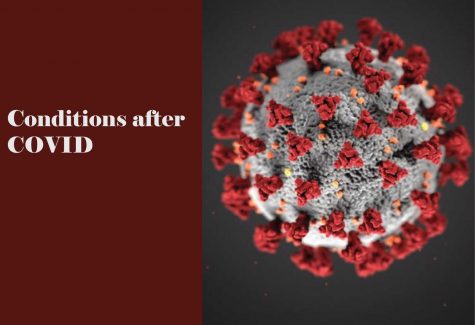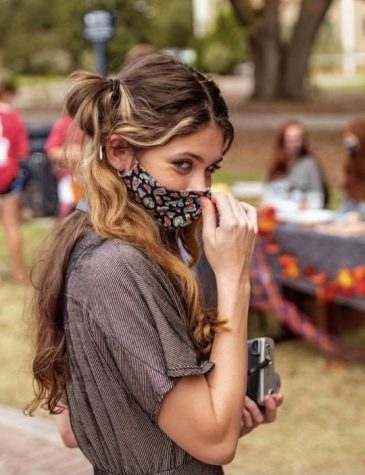Mental Health Stigma and You
September 15, 2015
When many students start college, health and well-being tend to be forgotten when trying to balance schoolwork and a social life. When it becomes apparent that better care is needed for a healthier lifestyle, actions such as eating healthier and becoming more active are taken. Yet what is being done to tend to mental health?
Mental health is just as important to our overall well-being as physical health, but few seem to realize when they are encountering mental health problems. These issues can be written off as “just a bad day” and ignored. In actuality, it may be something that requires more attention and care. It can be very intimidating to ask for help regarding mental health due to feelings such as fear of judgment, embarrassment, and lack of acceptance. These feelings can also be a result of mental health stigma: prejudicial and negative attitudes or discrimination towards an individual due to their mental health status. Many people with mental illnesses have reported experiencing signs of stigma. Judgmental thoughts and attitudes can be very common among society when someone is noticed for being “different” and many do not even realize the severity of their actions and the lasting impacts they can leave with individuals. It is imperative to know and implement what positive actions can be taken to help those in our community who may be suffering from stigma.
How can we as individuals help? Education on mental health facts is the first step. Take the time to get to know people before making assumptions based off of appearance or hear say. It is also important to remove labels and address people by their names, not their illness. Treat people with the same amount of respect you would like to be treated with. Offer help and support to those in need.
Always remember that YOU have a voice that can make a difference to someone who may be too afraid to speak up for him or herself. At any time, you can stand up against negative and judgmental behavior or stereotypes for a friend, family member, or even a stranger. It is also important to note that there are several ways to seek help on Georgia Southern’s campus. If you are dealing with anxiety, depression, or are having trouble handling stress, seek help at the Counseling Center. Remember: seeking help today can lead to a better and brighter tomorrow!


















